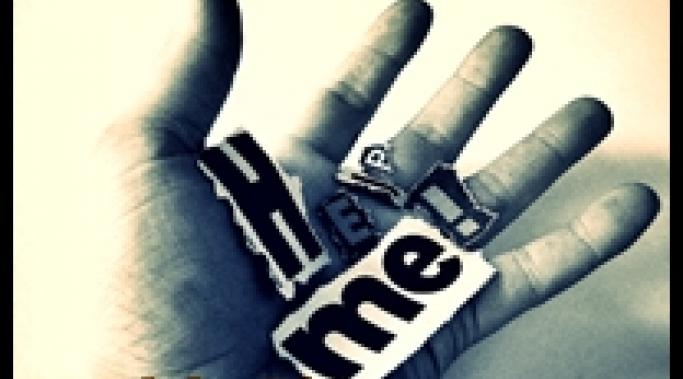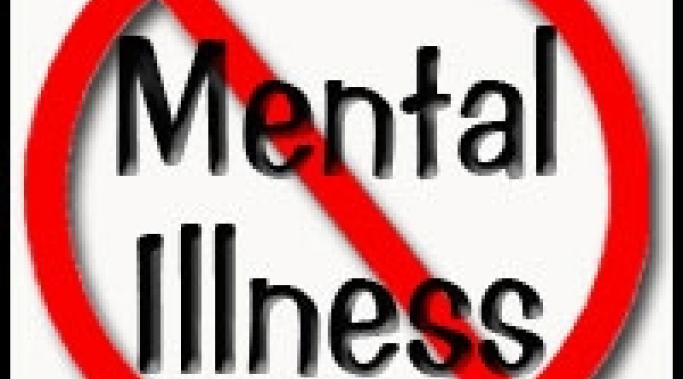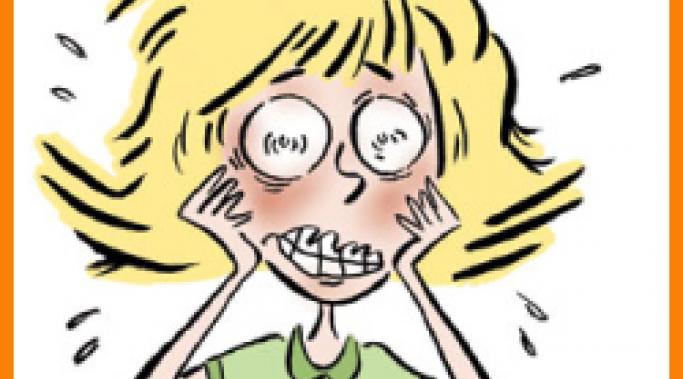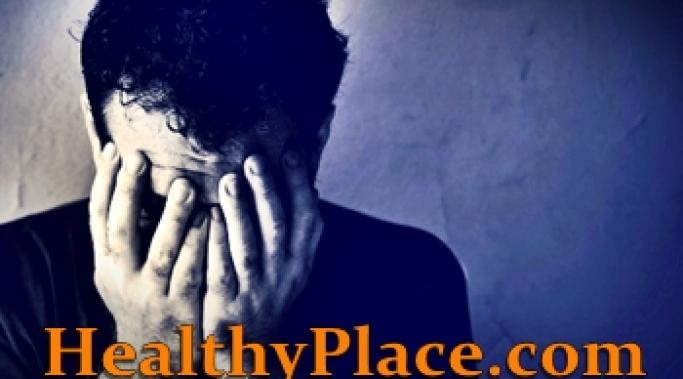Suicide is one of the most stigmatized topics of a highly stigmatized subject. Quite frankly, we don't talk about it even if we do talk about severe mental illness. This is especially unfortunate for people with borderline personality disorder (BPD), as suicide is sadly common. But the fact that this is National Suicide Prevention Week is a way to start the conversation.
More than Borderline
Regardless of who wins this year's elections, I am nervous. Health insurance reform hangs in the balance. If you ask me why I'm worried about that, it's because health insurance as it currently stands has a legalized discrimination policy when it comes to mental illness, especially ones like borderline personality disorder (BPD). There are two ways the discrimination is encoded: in pre-existing conditions clauses and lack of mental health parity.
Co-morbidity is a fancy way of saying "two or more co-occuring diagnoses." Many people with borderline personality disorder also have depression. In this video, More Than Borderline's, Becky Oberg, talks about depression symptoms and causes of depression.
It took me a couple of days to get the guts to write this column, both because of my experiences with involuntary commitment and the case of former Marine, Brandon J. Raub.
If you don't know who Raub is, Google him. Raub, who served in both Afghanistan and Iraq, has a Facebook page. Several of his posts are critical of the government; he believes the government was responsible for 9/11. One post included a lyric from "Bring Me Down" by Swollen Members ("Sharpen my axe, I'm here to sever heads") and another contained a vague line about an upcoming revolution ("The revolution will come for me. Men will be at my door soon to pick me up to lead it.")
Well, men did indeed show up at Raub's door--the FBI and Secret Service, with an order for emergency psychiatric commitment. A cooperative Raub was handcuffed and taken away, without being read his rights (you can see the video on YouTube). The police questioned him about his Facebook posts, which the feds described as "terrorist", then obtained an order for a 30-day commitment at a Veteran's Affairs hospital. He is being evaluated for post-traumatic stress disorder. He has not been charged with a crime.
Like it or not, stress is a part of life. Sadly, too much stress can cause a person with borderline personality disorder (BPD) to suffer from psychiatric symptoms. For example, after a death in the family and a close friend moving away (which happened within days of each other), I wrestled with self-harm urges. But there are ways to deal with stress and the BPD symptoms it causes. One such way is looking for humor--either in the situation or from outside sources.
Recently, I was in the psychiatric ward of a local hospital. While I was there, a young psychiatrist interviewed me. He asked me "What advice do you have for me regarding treating borderline personality disorder (BPD)?"
I was caught off-guard because nobody ever asked me that. Yet he genuinely wanted my opinion, so I shared it. Then I figured that other psychiatrists might want to know, so here's the advice I have.
It is with a heavy heart that I write this week's post. I recently suffered the loss of a loved one--my great-aunt Lu, my Grandma Oberg's twin sister. While this loss has been tempered by the birth of a new nephew, it made me think of how bereavement can affect psychiatric symptoms. Short version: our psychiatric symptoms can flare up when we suffer any kind of loss.
Depressed? You might try asking yourself "Why do I feel this way?" Insight into your depression symptoms can often help you feel better. More Than Borderline's Becky Oberg explains how and why in this video.
Yesterday, I told my therapist that all I wanted was "a stiff drink and a sharp blade". As you can imagine, this did not go over well. Yet it made me think--how does substance abuse affect the symptoms of borderline personality disorder (BPD)?
The recent shooting in Aurora, Colorado, raises several questions. Among them is "Was mental illness a factor?" It appears that the answer is yes. This leads to the question "Should a person with a severe mental illness have firearm rights?"







